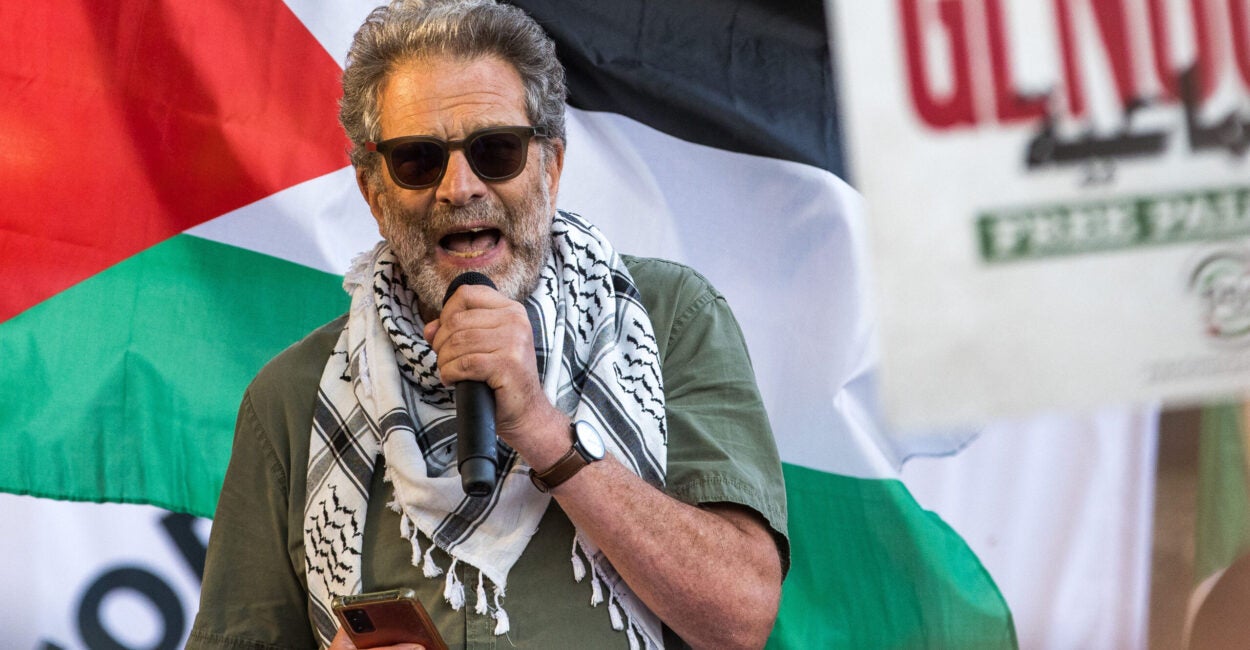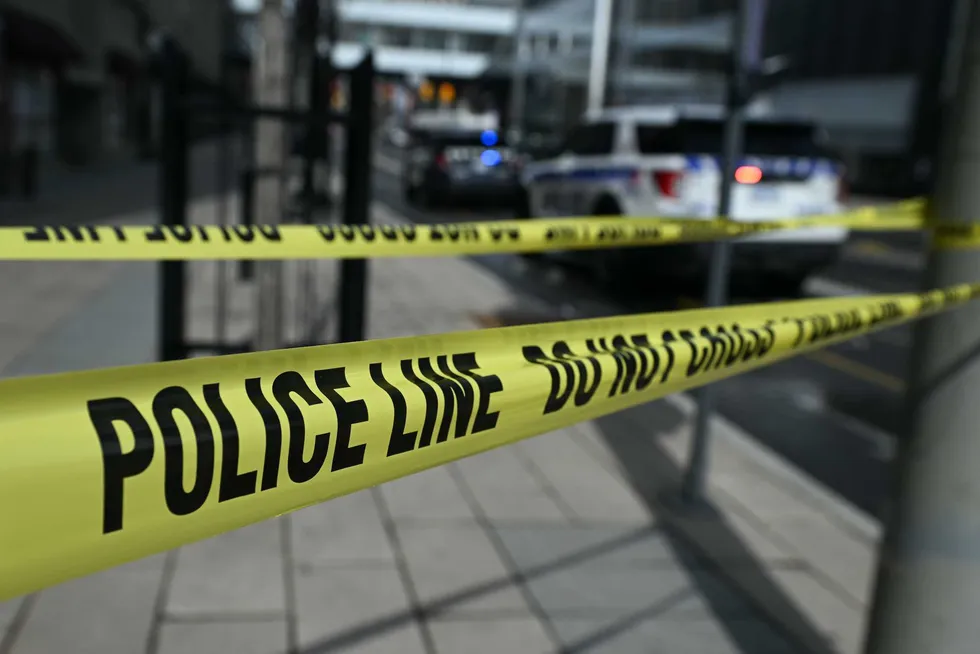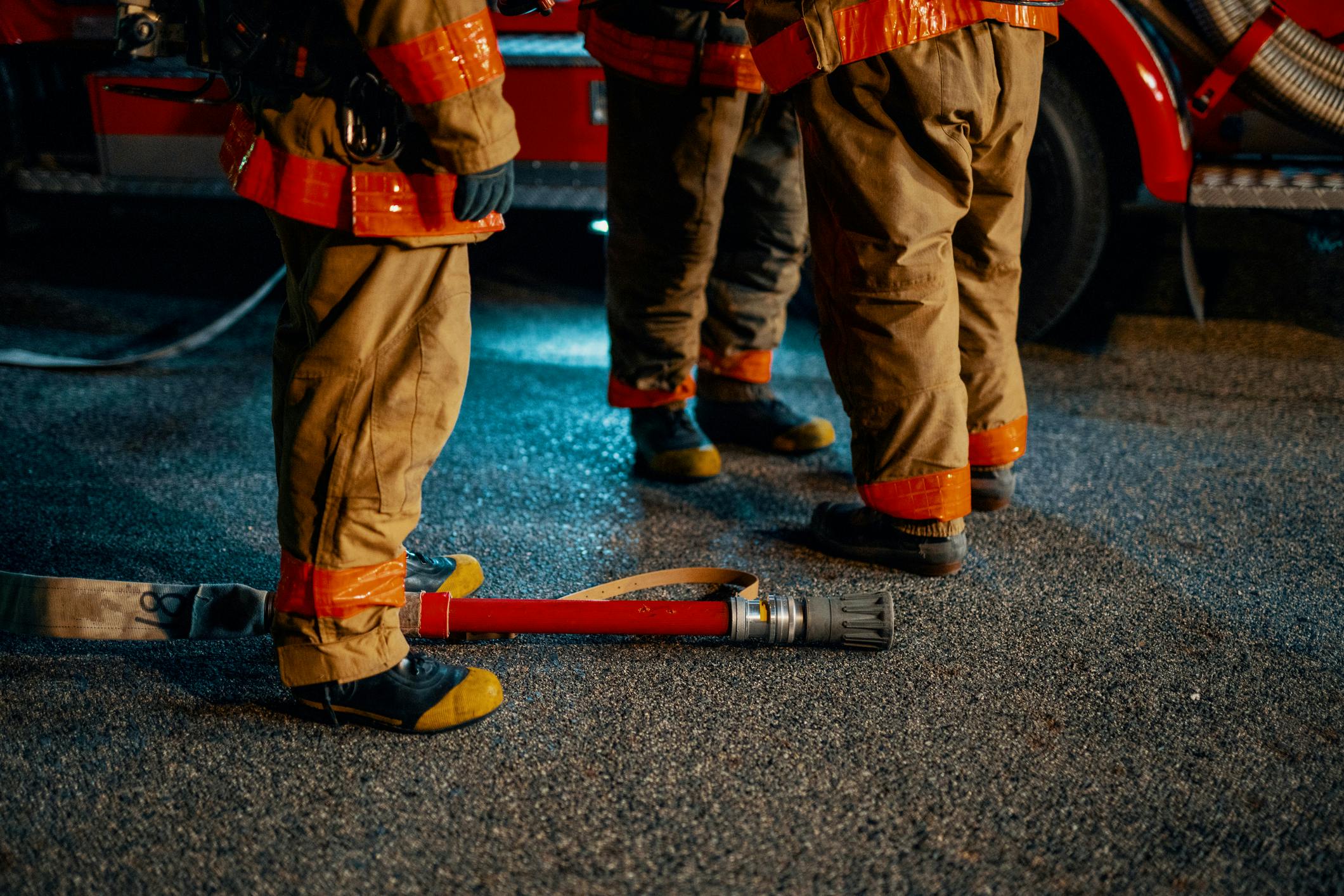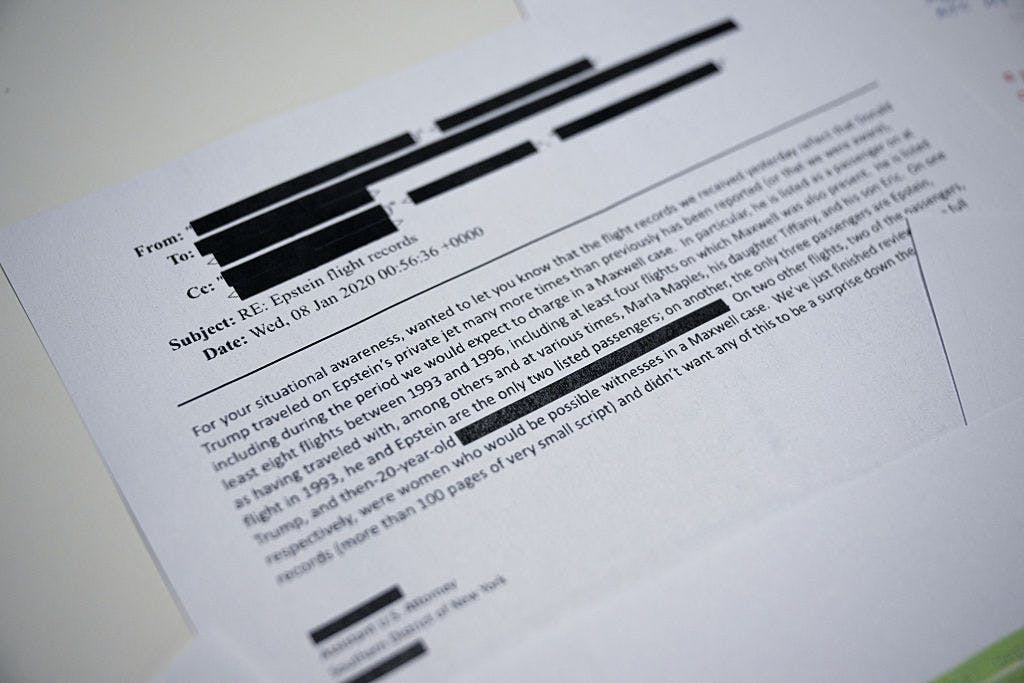83 Percent of Jewish Students Face Campus Hate—How Much More Will Colleges Allow?

I walked into that house meeting with a knot of anxiety, a strange sense of paranoia. An hour later, I was running into the freezing Ohio night, barefoot and coatless, tears blurring my vision. My paranoia, it turns out, was simply an instinct for survival.
Live Your Best Retirement
Fun • Funds • Fitness • Freedom
During my last year at Kenyon College, my roommates, all members of Students for Justice in Palestine, called a meeting. There, I sat for an hour, stunned, as they hurled baseless accusations at me.
When I couldn’t stop the tears, I said, “I’m sorry, I have to go now, I’m starting to cry.” No apologies came. Only cold stares from my housemates, one even smiling as I desperately blinked back tears.
I rushed out, too ashamed and afraid to grab a coat or shoes, preferring the biting winter air to another minute inside. I stayed out for hours, then moved into emergency housing two days later. My roommates never apologized or contacted me.
Though my name is Yael and I wear a small Star of David necklace, I never mentioned my beliefs to them. Yet simply existing in their orbit seemed enough to ignite their ire. While I can’t definitively say they attacked me because of antisemitism, their SJP membership—a group notorious for its antisemitic and anti-Zionist views—and one girl’s disturbing Instagram “reflections” suggest otherwise.
Her posts openly declared sentiments like, “If the West wants an Israel so bad, split Germany in half,” and, ominously, “If you think this is justified, live every day knowing your spirit is sick.”
My dorm nightmare mirrored a larger, pervasive campus environment. On campus, Zionist views and basic human decency were suppressed, at least when it came to Israel. Last year, I plastered hostage posters around campus daily. They were torn down almost immediately.
But apparently calling for the release of babies stolen from their beds or those kidnapped while dancing at a music festival on Simchat Torah—the happiest day in the Jewish year—was controversial. So controversial, in fact, that I once saw a professor ripping down a poster of four-year-old Ariel Bibas. But that wasn’t enough for him. He literally scrubbed the wall afterward, ensuring no trace of Ariel remained at Kenyon.
SJP hosted many outspokenly antisemitic speakers, especially after Oct. 7. Among them: Miko Peled, notorious for his refusal to condemn the Hamas terror massacre on James Whale Unleashed. There, Whale directly confronted him: “They’re terrorists. They went into a town and they massacred every man, woman, and child. Are you saying that was false?” Peled was unable to answer.
Despite Peled’s shameful behavior, the college’s Asian and Middle East Studies and English departments directly sponsored his event. SJP may have orchestrated it, but Kenyon was more than willing to fund the antisemite.
SJP, however, didn’t just amplify the voices of antisemitic adults. They also featured Kenyon students, notably during their “Vigil for Palestine” on the one-year anniversary of October 7th. This vigil was described as a “vigil to honor the tens of thousands killed before, on, and after Oct. 7, 2023, and the countless Palestinians who have been displaced and dispossessed since 1948.”
But what about the hostages taken on Oct. 7? As one student speaker eloquently put it, “Who is applying pressure to Israel to release their hostages too?” A disturbing moral equivalency.
And where was the Kenyon Hillel, the only designated Jewish space on campus, during all of this? It failed to live up to the promise of Hillel International: to “always be a safe space for all kinds of Jewish students—a place where they feel welcomed and included.” I certainly didn’t feel that way. Attempting to “be open to everyone,” it refused to associate itself with Israel, which felt like a rejection of a core part of my identity.
While that was difficult, it paled in comparison to the Hillel’s reaction, or lack thereof, to the worst attack on Jews since the Holocaust. The Hillel failed to condemn, or even acknowledge the massacre, at least online, until one year after the tragedy. Then, it hosted a poetry reading “to commemorate the anniversary of the hostages being taken and the current conflict that is taking place between Israel and Gaza.” This was hardly the condemnation of Hamas’ pogrom I had hoped for.
Sadly, my experience at Kenyon College isn’t unique. In fact, it pales in comparison to what many students across the country have endured since Oct. 7. No one screamed “Death to Israel!” in my dorm, nor did a rock shatter my window and strike my head on Holocaust Remembrance Day.
I consider myself lucky—but what a tragic measure of luck for a Jewish college student. To emerge relatively unscathed after Oct. 7 is a relief that itself underscores a profound campus crisis. According to a February poll by the Anti-Defamation League and Hillel International, an alarming 83 percent of Jewish college students have experienced or seen antisemitism on their campuses since Oct. 7. How much more must Jewish students endure before enough is enough?
The post 83 Percent of Jewish Students Face Campus Hate—How Much More Will Colleges Allow? appeared first on The Daily Signal.
Originally Published at Daily Wire, Daily Signal, or The Blaze
What's Your Reaction?
 Like
0
Like
0
 Dislike
0
Dislike
0
 Love
0
Love
0
 Funny
0
Funny
0
 Angry
0
Angry
0
 Sad
0
Sad
0
 Wow
0
Wow
0










































































